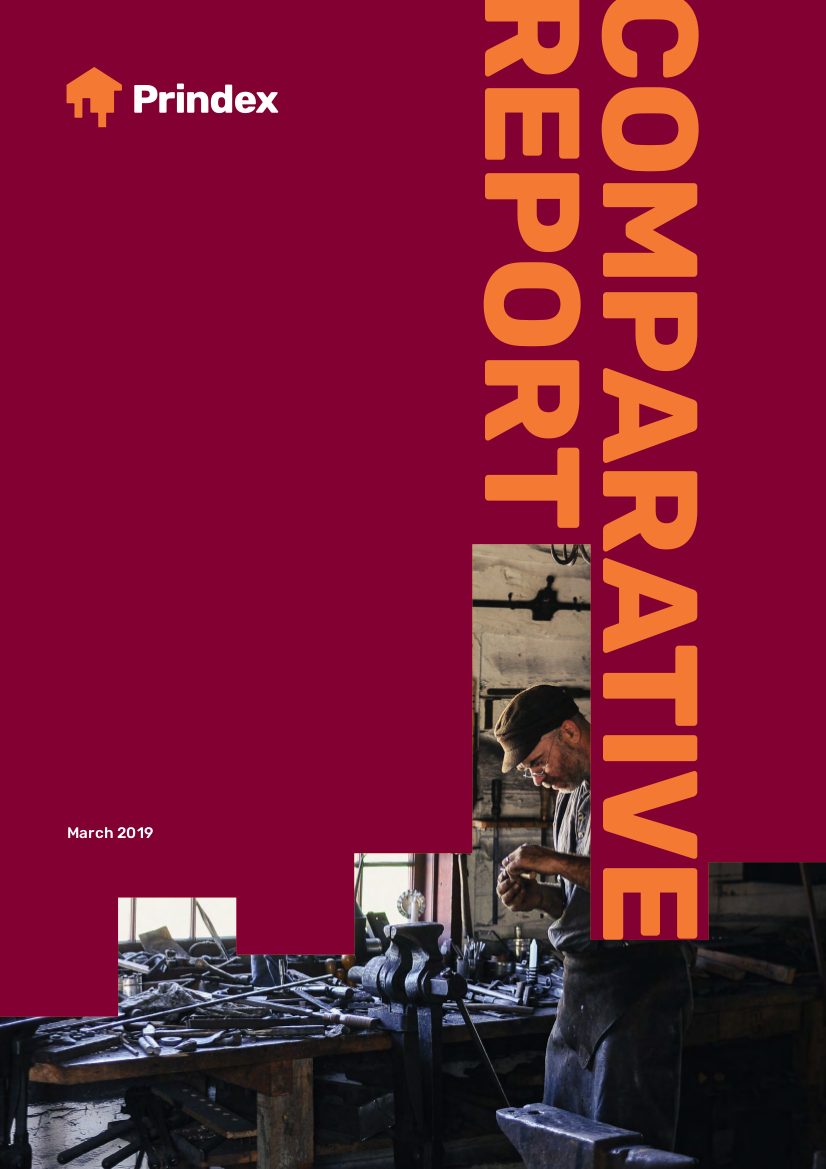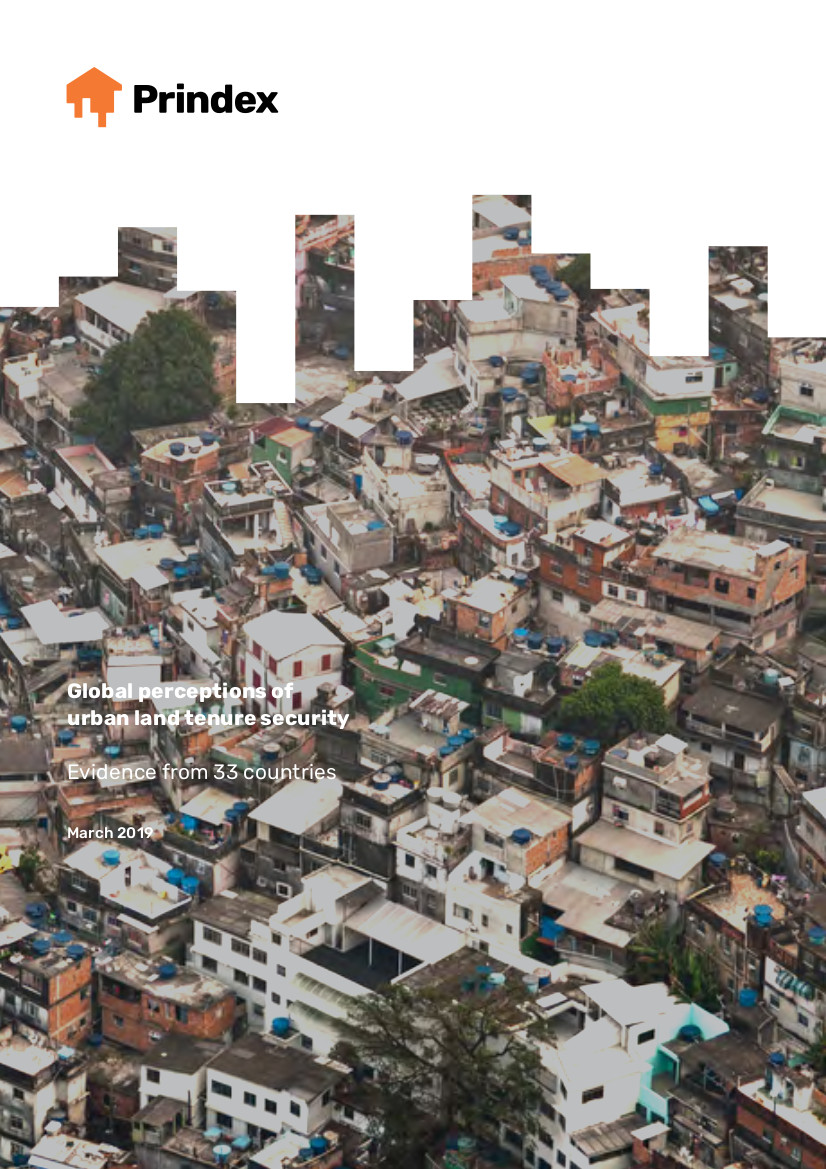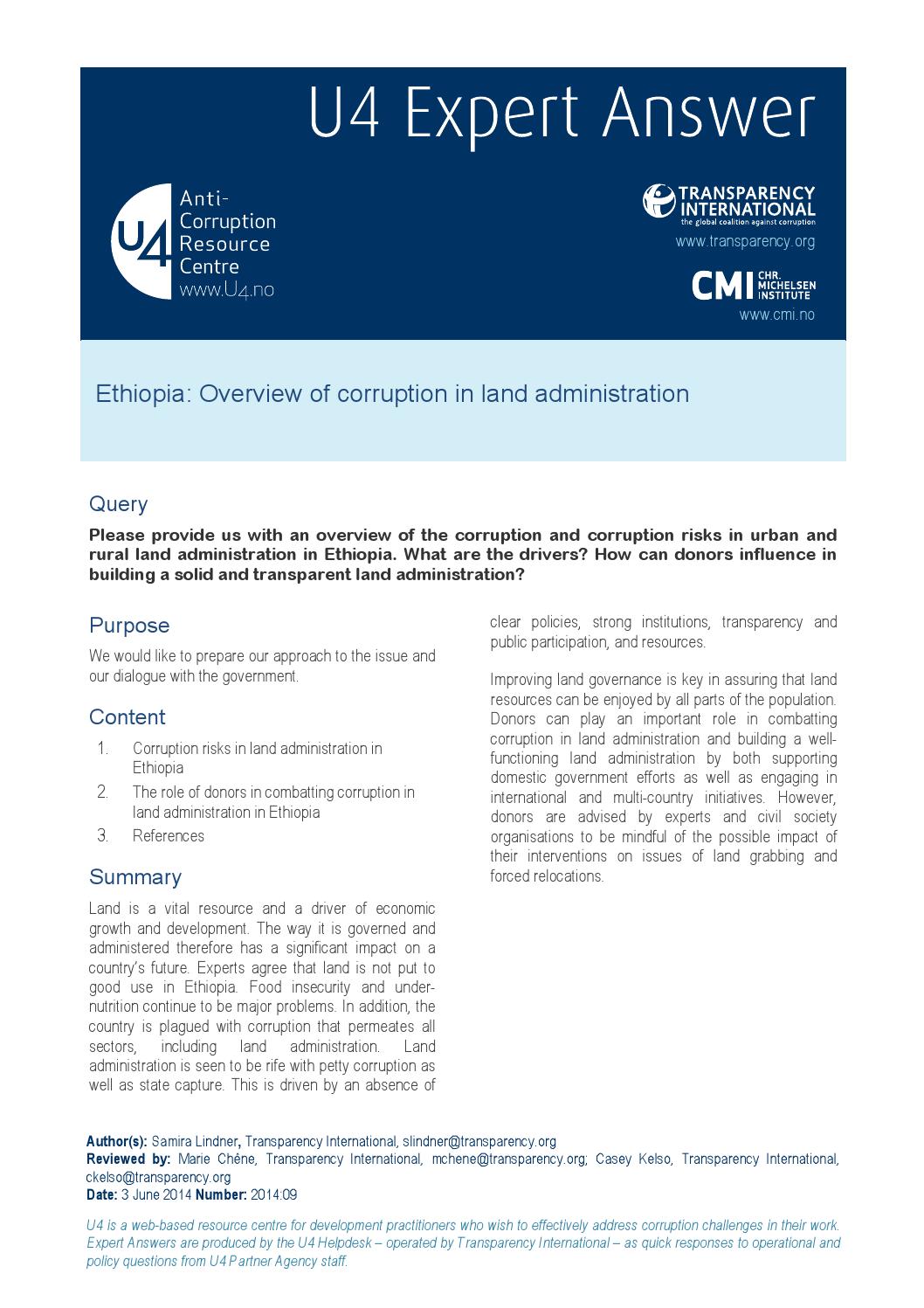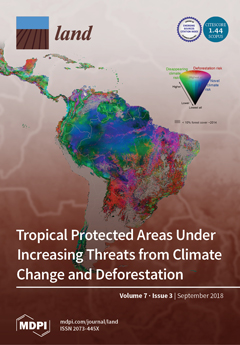Prindex Comparative Report, March 2019
Property rights are a cornerstone of economic development and social justice. A fundamental way of understanding the strength of property rights is through citizens' perceptions of them. Yet perceptions of tenure security have never been collected at a global scale.












